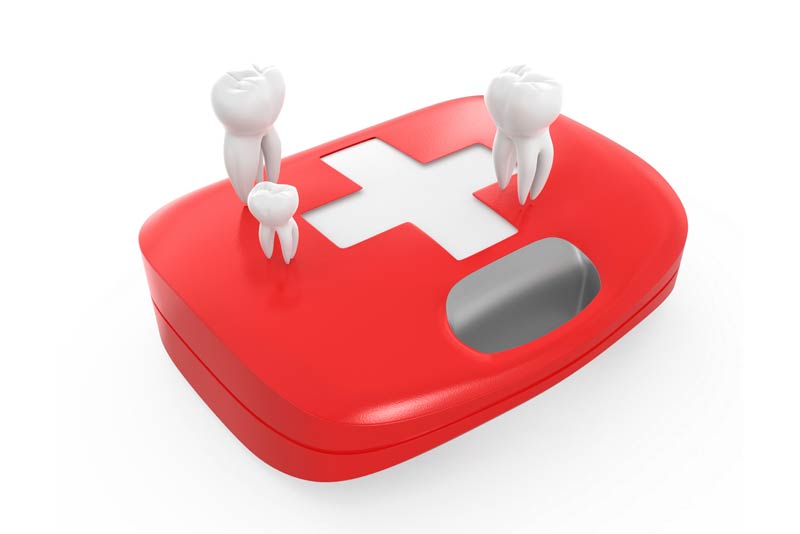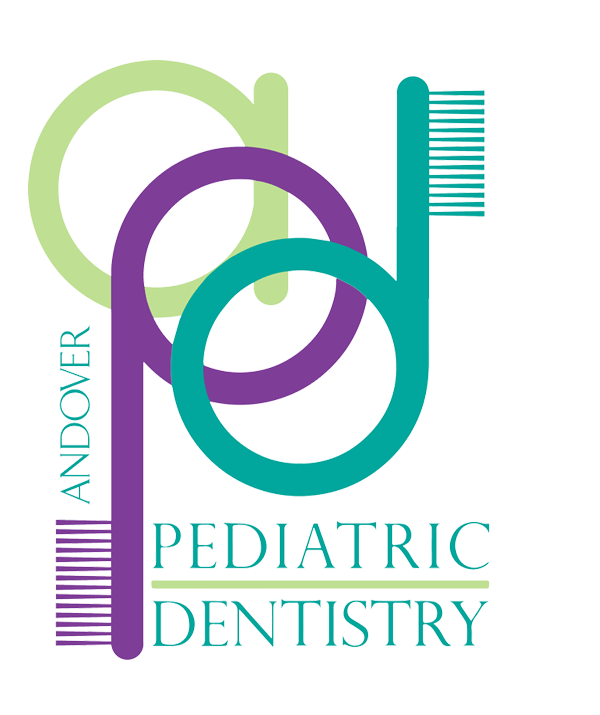
Emergency Dentist for Kids in Andover
978-296-4964
Dental emergencies can be scary for both kids and parents. That’s why when you call us during our regular office hours, our emergency pediatric dentist will give immediate attention to your situation and make arrangements to see your child as soon as possible.
Of course, dental emergencies don’t always happen during normal business hours. If our office is closed, give us a call at 978-296-4964 and listen to the instructions on the recording. Leave a message for us detailing your child’s dental emergency and we will get back to you. If your child is experiencing a severe or life-threatening situation, call 911 immediately or take them to your nearest emergency room for treatment.
Prevention
Practice Proper Oral Hygiene:
Use a wet, soft-bristled toothbrush to brush your child’s teeth as soon as they erupt. When your child is young, it is important to brush his teeth for him. If you are met with resistance, try positioning your child’s head in your lap, which can help you gain control as well as better visualize all of the teeth. To ensure your child is learning correctly, supervise or help him brush his teeth until the age of 8. Your child’s teeth should be brushed at least twice a day: once in the morning and once at night, right before bedtime. Smear just a little bit of fluoridated toothpaste on your young child’s toothbrush. As soon as your child is old enough to spit out the toothpaste, use a pea-sized amount. As soon as the spaces between the back teeth close (around age three), your child’s teeth should be flossed at least once a day.
A Healthy Diet Leads to Healthy Teeth:
Oral bacteria, fed by sugars and starches, produces acid that attacks tooth enamel and causes tooth decay; therefore, repeated exposure to sweets and sugary beverages can put your child at high risk for cavities. Plain milk is a better beverage choice during the day, and water is good for both day and night. Healthy snacks include cheese, whole fruit, and yogurt.
Protect your Child’s Teeth from Injury:
Fitted mouth guards help prevent dental trauma to the teeth and jaw like fractures and displacements, and are, therefore, highly recommended for children participating in recreational activities and organized sports.
Regular Checkups with a Pediatric Dentist are Very Important:
The American Academy of Pediatric Dentistry recommends taking your child to the pediatric dentist every six months, starting with the first birthday.
Care
Toothache:
Cut or Bitten Tongue, Lip or Cheek:
Chipped or Fractured Baby Tooth:
Possible Broken or Fractured Jaw:
Head Injury:
Knocked Out Permanent Tooth:
Over Retained Baby Teeth
“My child has a double row of teeth” is one of the most common emergency calls we receive in our office. Although it may look strange, in reality this does not require emergency treatment and it is not a dental emergency.
Typically, a permanent tooth that is erupting pushes against the root of the tooth and slowly dissolves, or resorbs, it. The baby tooth looses anchorage, becomes mobile, and eventually falls out. Tooth fairy time!!!! The permanent tooth then continues to push up and assume its place in the jaw bone.
However, sometimes when a permanent tooth is erupting, it can bypass the root of the baby tooth. As a result, it may take a different path and come in right behind the baby teeth. This is called ectopic eruption and a typical place for this to happen is with the lower front, or anterior, teeth. Most of the time, this ectopic eruption will resolve on its own, without intervention by a dentist. Eventually, the baby teeth will fall out and the tongue will push the permanent teeth forward into proper position.
Reasons for over retained teeth:
- The roots of the baby teeth fail to resorb so the permanent teeth are forced to erupt adjacent to them (where there is the least amount of resistance)
- The permanent teeth do not have enough space to erupt
Recommendations: We advise parents or caregivers to assess the mobility of the baby teeth. If a tooth is loose and it is not causing any discomfort, we recommend that the child wiggle the tooth on a daily basis. Given this assistance, the tooth should fall out in couple of weeks. If the tooth is solid (no mobility) and it has not loosened up for a few weeks, or if it is a source of discomfort then we would recommend making an appointment with an emergency dentist to evaluate the situation and to decide if extraction of the baby tooth is necessary.
We are only one call away!
Frequently Asked Questions About Common Dental Emergencies
What are some of the most common dental emergencies?
If your child is experiencing unbearable pain, uncontrolled bleeding, facial swelling, or has a broken tooth that needs urgent dental care in order to save it (i.e., a knocked out or broken permanent tooth), we consider it a dental emergency. Contact us and we’ll accommodate your child as soon as possible.
Other dental problems which may or may not require urgent dental care include previous dental work or restorations that have fallen out, damaged dental crowns, and orthodontics that need repair. When a filling or dental crowns become dislodged, it can expose the inner tooth to bacteria, food debris, and potential infection. Prompt emergency dentistry treatment is recommended to reseal the tooth and prevent further issues.
With dental emergencies like a broken bracket or loose wire, these may cause irritation, discomfort, and hinder the progress of the treatment if not addressed quickly. While not necessarily painful emergencies, these situations warrant timely attention to avoid more complex problems down the line.
Seeking guidance from your dentist can help determine if these issues require immediate medical attention or if they can wait for the next scheduled appointment. These are some of the most common dental emergencies that families may encounter.
Maintaining regular dentist visits, check-ups and following preventive care recommendations can help minimize the risk of such incidents occurring.
Can I take my child to the ER for tooth pain?
If our office isn’t open, you may wish to call your pediatrician for advice on how to control your child’s tooth pain. However, if the pain in the affected area is accompanied by a fever, fatigue, trouble breathing or swallowing, or facial swelling you should take your child to the emergency room for treatment. Although ERs cannot usually provide dental treatment, if your child is suffering from a severe infection, the hospital can provide antibiotics, pain management, and a treatment plan.
Can you fix a knocked out tooth?
A baby (primary) tooth that is knocked out will not be replaced, as it could cause damage to the developing tooth underneath. In certain cases, a space maintainer may need to be placed to ensure there is room for the adult tooth to erupt. If the knocked out tooth is adult or permanent, we do our best to provide dental care and save it.
When an adult (permanent) tooth is knocked out, we do our best to save it. It is important to try and place the broken tooth back in the socket immediately if you can, otherwise call your dentist or go to an emergency room with this dental emergency as quickly as possible to give the tooth the best chance of survival.
How do I know if my child has an abscess?
Dental abscesses are a sign of infection within the tooth or surrounding gum tissues. They occur when bacteria invade the inner pulp chamber of the tooth, often due to an untreated cavity, cracked teeth, broken teeth, or injury that creates an opening for bacteria to enter.
If your child is in terrible pain, has trouble eating, has facial swelling, or describes a throbbing feeling near the affected area of the tooth, these are all potential symptoms of an abscess which will require emergency dentistry. Abscesses can be accompanied by a foul odor or taste as the infection drains pus as well.
The telltale sign of an abscess, though, is a small pimple-like bump on the gums near the infected tooth, which may ooze pus. Left untreated, abscesses can lead to further spread of the infection to the jaw, neck, or other areas, so prompt dental treatment is crucial. This usually involves draining the abscess, removing any diseased pulp tissue through root canal therapy, and potentially antibiotics to control the infection.
Call our dental office immediately to make an appointment for your dental emergency.
Does an emergency dentist cost more?
We don’t charge higher rates or add extra fees for pediatric emergency dental care. If cost is a concern, we can provide you with an upfront estimate over the phone when you call our dental office to make an appointment for dental care. Our team will go over the recommended treatment plan and associated costs transparently.
